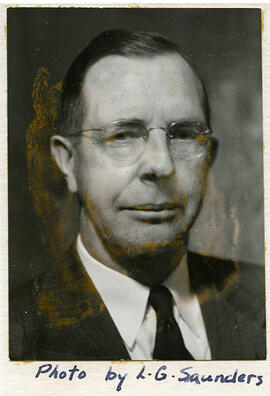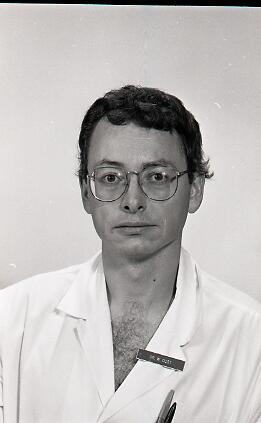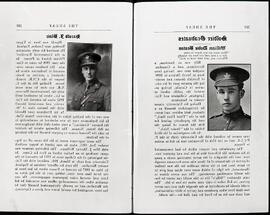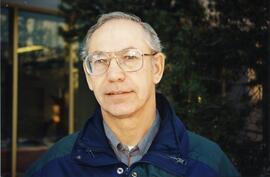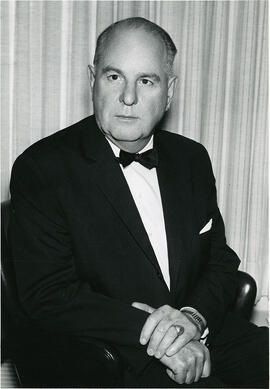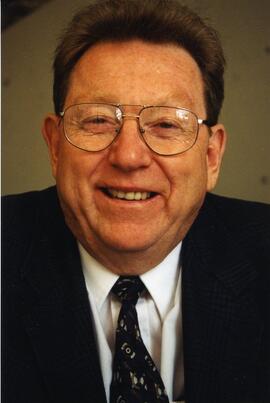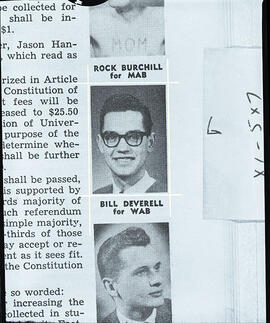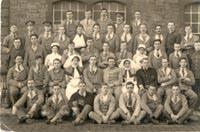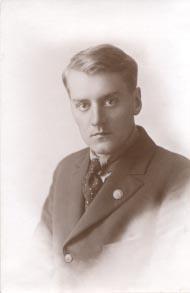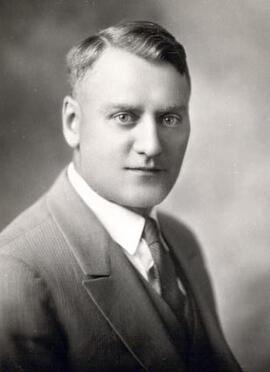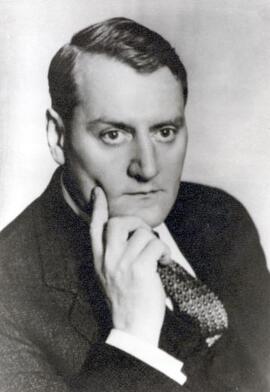- A-5050
- Item
- January 1976
Artist William Kurelek contemplates his work - a 32 by 36 foot mural on the inside front wall of the St. Thomas More Chapel.
Bio/Historical Note: William Kurelek, CM (1927-1977) was born in a shack near Whitford, Alberta, north of Edmonton. Kurelek spent most of his boyhood on the family farm in Manitoba. He hated the life and grew up with an increasing sense of alienation at home and at school, and decided in his last year at the University of Manitoba to devote his life to the one talent that brought admiration: his ability to draw. It was after reading Joyce's Portrait of the Artist as a Young Man at university that Kurelek decided to find out if he, too, could become an artist. He tested himself in characteristic fashion, by creating a self-portrait that involved 16 hours of frantic, non-stop painting. As the work neared completion, Kurelek recalled years later, he realized 'the painting had taken over and was directing me. I was an artist. I knew I was an artist.' But Kurelek faced a tortured journey before anyone else accepted him as an artist. He travelled to Toronto in search of an art teacher but left the Ontario College of Art after only a few months and began hitchhiking to Mexico. The artist had been plagued as a young boy by a series of frightening visions and hallucinations, all dealing with pain, suffering, cruelty. While resting under a bridge in Arizona he underwent a vision of a different kind. It was a white-robed figure calling him to be a shepherd. That figure is the someone of Kurelek's autobiography, Someone With Me, published in 1974. Kurelek failed to find an art teacher in Mexico. He returned to Canada and worked as a lumberjack to earn the money for passage to England. But his sense of 'depersonalization, of non-existence' had grown intolerable and he turned himself over to the psychiatric hospital at Maudsley. It was here and in other hospitals that Kurelek finally found himself as a painter. Later, he credited electric shock treatment and his conversion to Catholicism for his reclamation. Kurelek died in Toronto in 1977; he was only 50 years old.

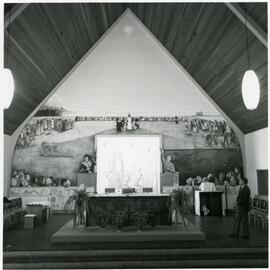
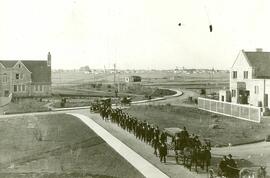
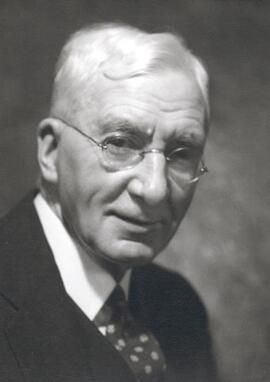
![[William Eliot Walker]](/uploads/r/university-of-saskatchewan-archives/f/1/a/f1af91049ed56c5509978adeb053f4b9284fc866bf3021cb65c3ac2438111bf2/A-2802_142.jpg)
